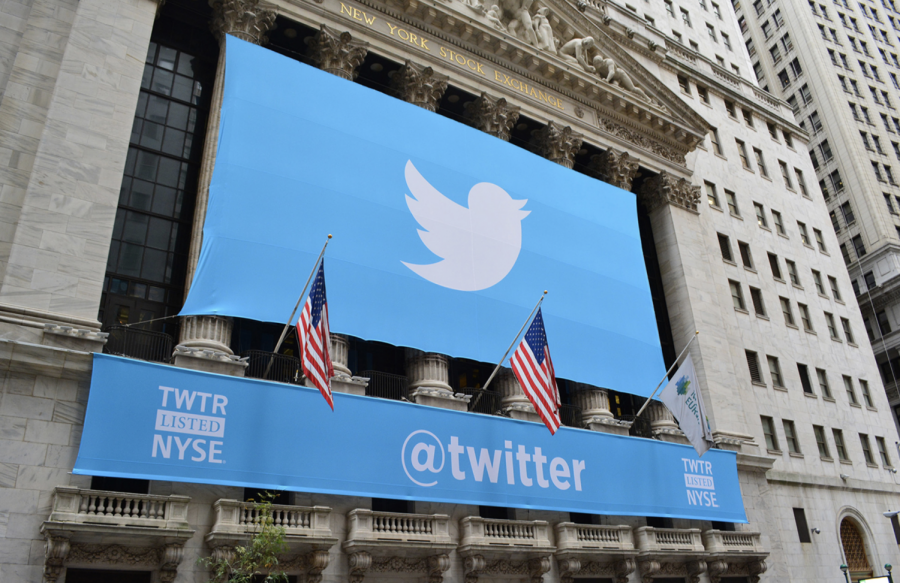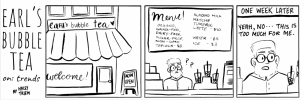Opinion: Twitter beats Facebook on political advertising, but work is still needed
Jack Dorsey’s ban on political ads doesn’t target the root issue. Blanket action fails to filter out all harmful messages.
November 10, 2019
Twitter CEO Jack Dorsey announced Oct. 30 that Twitter would terminate all political advertising on the site. Coming off the heels of Mark Zuckerberg stating that Facebook would not fact check any political advertising done on Facebook, Dorsey’s announcement is a much-needed change of pace in the realm of social media advertising.
However, as with many actions taken in today’s digital landscape, this policy change fails to address all the issues.
Twitter’s ban on political ads is undoubtedly a step in the right direction. But it’s not just that people with the deepest pockets can buy as many ads as they possibly can in order to own political discourse. There is also the matter of extremely targeted ads based on user data, as well as the looming theme of fake news in discourse.
All these factors combined serve to polarize any community in one direction, but a blanket ban on politics is not enough.
First, almost anything can be interpreted as political. The distinction between what is and isn’t political is very important when considering a ban on one side of that line. Twitter’s current definition of political issue ads are ones that refer to an election candidate or advocate for or against legislative issues of national importance. Surprisingly, there are a lot of things that can be considered of national importance.
Another example is climate-change advocacy. Oil companies that are worsening climate change, are releasing advertisements outlining how they’re “changing,” but only by the bare minimum necessary to be seen as combating climate change. The former is political, while the latter is apolitical.
Fossil-fuel corporations and their politicians won’t be able to explicitly state that X, Y, or Z legislation is good or bad, but they are still able to circumvent this ban on political advertisements.
Ads are also just one of the many ways in which political actors can own discourse. The present ban as it has been outlined does nothing to stop native advertising. While individuals won’t be able to promote political tweets as was possible prior, bot farms will still be able to boost certain tweets that people put out on their own accounts.
Best of all, they’ll never be tagged as “promoted,” so these posts will seem even more organic.
Even if Dorsey is concerned about money-buying exposure, it will still be possible with the policy currently outlined — it will just be hard to see and even harder to prove.
Given that political actors may no longer be able to advertise their beliefs, the platform will still host people willing to spread lies to further their own goals, especially for those acting maliciously.
A prime example of this is Twitter’s reluctance to ban the neo-Nazi Richard Spencer. And that resistance comes after a recently leaked tape of him after the Charlottesville protests that confirm what we already knew: Spencer is a white supremacist who believes non-white people “get ruled by people like me.”
If Twitter is worried about advertising being able to target microcosms of communities and lambast them with false information, why are they allowing the founder of the modern Neo-Nazi movement to maintain a space on their platform?
Thankfully, Twitter is going to release their full policy on political ads Nov. 15. In the meantime, the site has been gathering feedback from the public concerning how to go about the new policy change.
Reigning in the political power of influential politicians and corporations is going to be a strenuous process. While Twitter’s current policy can be much further improved, it is at the very least an encouraging preview of what is possible.
Columns reflect the opinions of the authors and are not necessarily those of the Editorial Board, The Daily Iowan, or other organizations in which the author may be involved.





